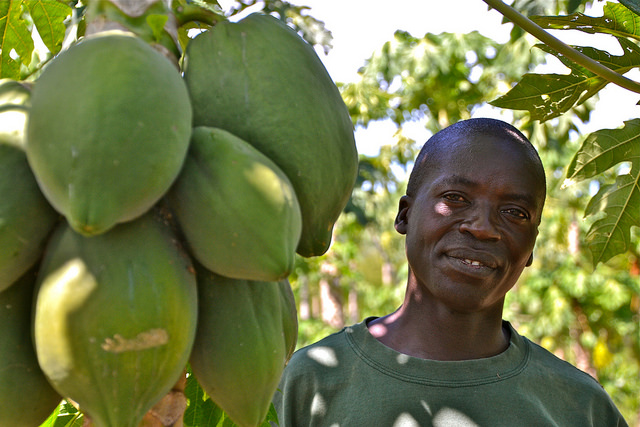By Dhanush Dinesh, CCAFS
What is resilience? Why is it relevant for agriculture in a changing climate? Report back from the International Food Policy Research Institute (IFPRI) 2020 Conference, ‘Building Resilience for Food and Nutrition Security’.
Resilience is the ability of individuals, communities, states and their institutions to predict, prevent, cope with, recover, and even prosper after shocks and crises. In the context of food and nutrition security, shocks such as droughts, floods, earthquakes, hurricanes, and conflicts can affect the food and nutrition security of individuals, communities, and states.
This is particularly relevant to the 500 million smallholder farmers who produce about 80% of food in some countries, said Kanayo Nwanze, President, International Fund for Agricultural Development (IFAD) in his keynote address to the to the IFPRI 2020 Conference, ‘Building Resilience for Food and Nutrition Security’. Smallholder farmers in developing countries are exposed to shocks, and often do not have the asset base, insurance, financial services and social safety nets to cope with them, and are unable to invest in measures to mitigate and adapt to the increased risks posed. In this context, building resilience of these smallholder farmers and supporting institutions, will determine their ability to deal with shocks and be food and nutrition secure.


Leave a Reply